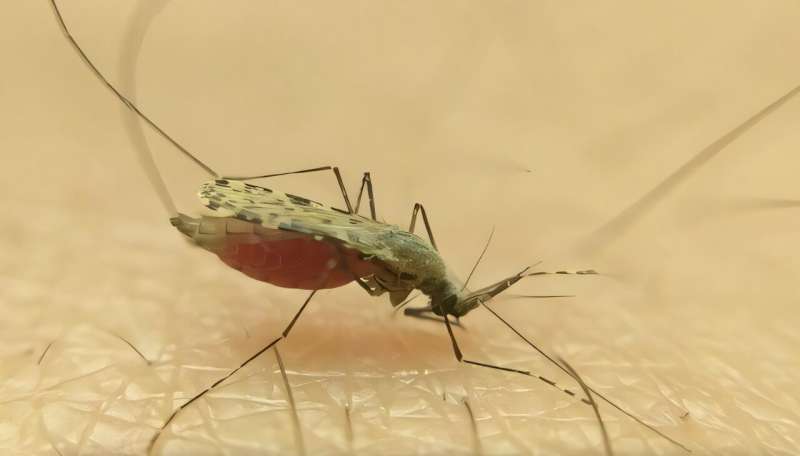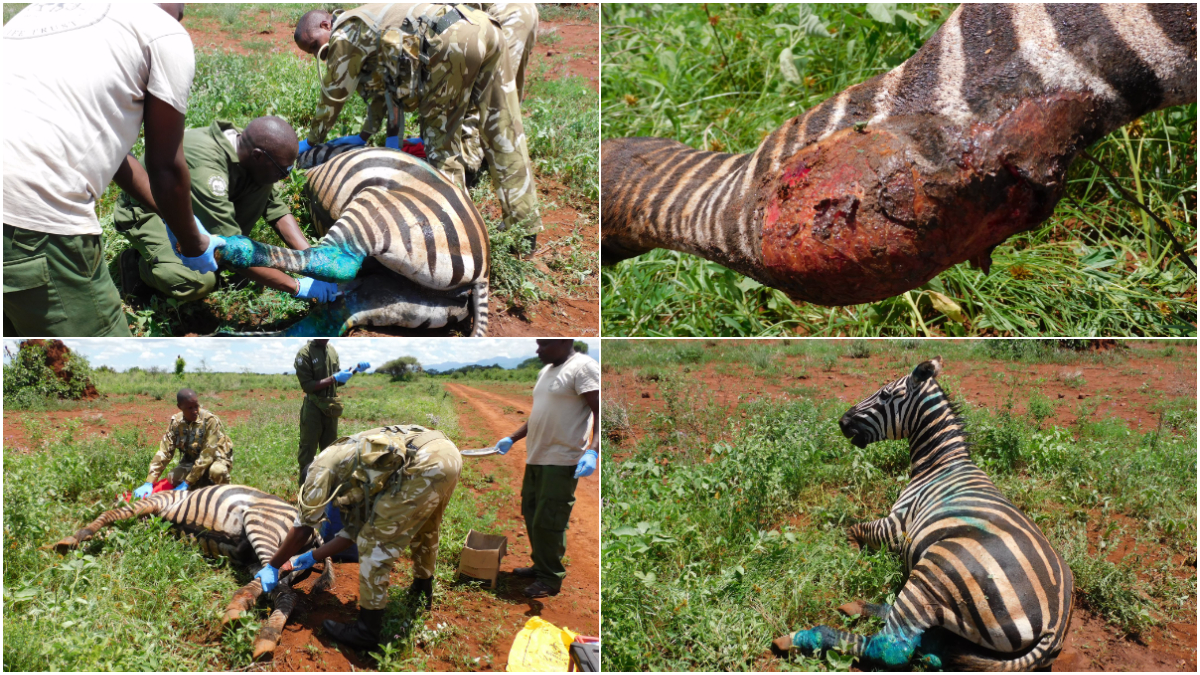A new species of mosquito has been discovered along the coastal regions of Kenya and Tanzania, potentially challenging current malaria control strategies in East Africa.
The species, provisionally named the Pwani molecular form, is a member of the Anopheles gambiae complex, a group known to contain some of the world’s most efficient malaria vectors. Scientists from the University of Glasgow, the Wellcome Sanger Institute, and the Ifakara Health Institute published the discovery in the journal ‘Molecular Ecology’.
Genetic analysis revealed that this new mosquito is genetically distinct from other known species in the Anopheles gambiae complex. The Pwani mosquito appears to be geographically restricted to coastal regions and exhibits a unique insecticide resistance profile. Unlike its relatives, it lacks the common genetic markers that indicate resistance to widely used chemical insecticides.
“This discovery reveals critical gaps in our knowledge of mosquito diversity in malaria-prone areas,” said Sophia Mwinyi, lead author of the study. “The Pwani mosquito’s unique profile suggests it may be sustaining malaria transmission during the dry season, when other mosquito species are less active. This could explain why some coastal regions continue to report malaria cases despite the extensive use of insecticide-treated bed nets.”
The unexpected finding has serious implications. Most malaria control efforts in Africa depend on insecticide-based interventions, such as indoor residual spraying and treated nets. If the Pwani mosquito is either more susceptible or resistant in previously undocumented ways, current strategies may be less effective in areas where it thrives.
While researchers have not yet confirmed whether the Pwani mosquito actively transmits malaria, its close genetic relation to known vectors and its presence in endemic zones make it a high-priority target for further research.
“This is a crucial reminder that vector control must evolve alongside the biology of the mosquitoes we aim to combat,” said co-author Fredros Okumu. “Genomic tools are giving us an edge in tracking changes that could impact public health.”
The study calls for urgent entomological and epidemiological investigations to understand the behavior, ecology, and disease transmission potential of this newly identified mosquito.











